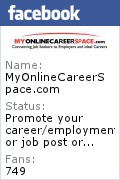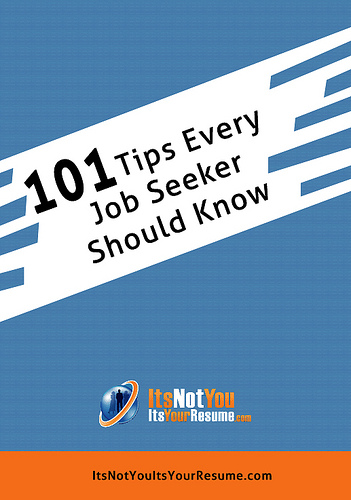Many people still use the Myers Briggs inventory to understand the personalities of themselves or their employees. I took the test myself and learned that I am an ENTP (which means that I rank highly on the extroverted, intuitive, thinking and perceiving attributes). I have done a considerable amount of research into the traits of my personality type to understand the benefits and hindrances that they play in the workplace.
What Are the Benefits of Being an ENTP?
There are a number of great qualities that ENTPs (many Pros and Cons of Being an ENTP in the Workplace) often bring to the workplace. Here are some advantages that you may have if you are an ENTP:
- ENTPs are innovative problem solvers.
- They are good at finding ways to inspire other people to take the action needed to move the organization in the right direction.
- They are goal-focused and passionate about what they do.
- They are flexible, which can be valuable when the organization is facing complex problems that are changing regularly.
These traits can help make ENTPs great leaders and powerful assets to the organization. However, ENTPs also have some challenges that can keep them from living up to their potential or make it difficult for others in the organization.
Challenges of the ENTP in the Workplace
ENTPs tend to be self-driven and focused on challenging the status quo. Some of the attributes of the ENTP that can create conflict with other employees or create challenges for the organization include:
- They are often fixated on their own ideas. This can make it more difficult to take input from others.
- ENTPs don’t naturally want to be led. They may run into challenges with their immediate supervisors.
- ENTPs goals and ideas tend to change frequently. This makes it more difficult for them to work consistently on a goal.
- They often procrastinate and don’t always follow through with their ideas. This can create issues for employers when they see them take the initiative to start a project without finishing it.
- Their inclination to focus on the big picture can become a problem when they have to focus on detail orientated projects.
These challenges can often make it difficult to work with an ENTP. However, they are not impossible to work with if you understand how to relate with them.
Understanding the ENTP in the Workplace
Many of their colleagues often describe ENTPs as narcissistic, self-absorbed, unreliable or antagonistic. As an ENTP myself, I understand how we can sometimes come across this way. However, most ENTPs do not mean to come across as any of these things and can be pleasant and beneficial to work with. You just need to understand how to relate to them.
ENTPs are likely to challenge assumptions and may appear argumentative. Many coworkers and managers believe that they don’t respect anyone else in the organization. This is rarely the case. Most ENTPs revere coworkers who are experts in their field and will happily take their input or even defer to their recommendations. However, it is important their colleagues make it clear that they know what they are talking about when they are making a recommendation.
ENTPs can be great friends, inspiring leaders and valuable assets to any organization. At the same time, they have their quirks which can make it difficult to make headway on a project. You will need to understand their personality type and give them some freedom to tackle challenges so that they can benefit the team as a whole.
Are you ENTP? What do you think are the Pros and Cons of Being an ENTP in the Workplace? Leave a comment below!
——
About the Author: Kalen Smith is a business, entrepreneurial and organizational behavioral writer. He talks about organizational psychology graduate programs and related topics.
—————-
| Join Us On Twitter: |
|---|
 |
|---|
| Like Us On Facebook: |
|---|
 |
|---|











![Higher Learning Leads to Higher Earnings, Especially for Men [InfoGraphic] Higher Learning Leads to Higher Earnings, Especially for Men [InfoGraphic]](../4022/4340939642_374fbff6e3_m.jpg)





